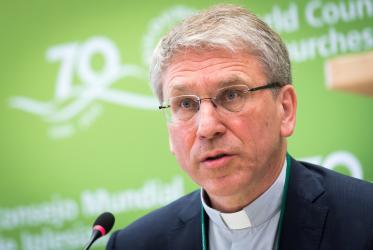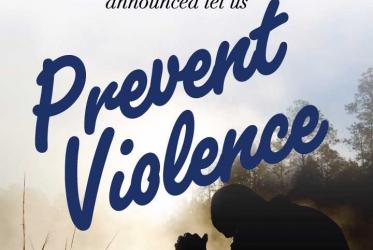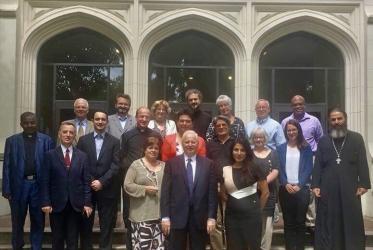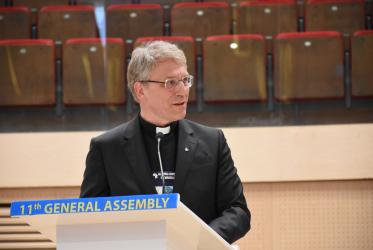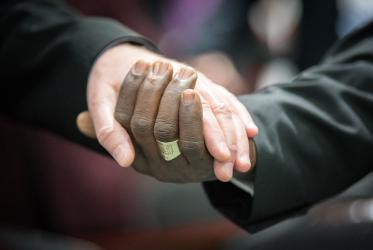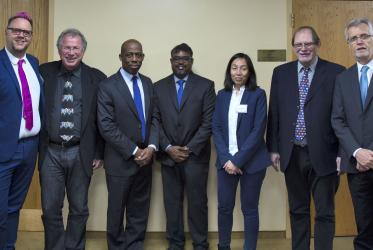Displaying 121 - 140 of 298
14 November 2018
Racial justice issues at forefront in meetings with UN experts
01 November 2018
WCC congratulates 2018 Nobel Peace Prize laureates
05 October 2018
Le COE félicite les récipiendaires du prix Nobel de la paix 2018
05 October 2018
Tveit in DRC: “Making peace is holy work”
19 August 2018
New economic architecture focus of New York meeting
22 April 2018



